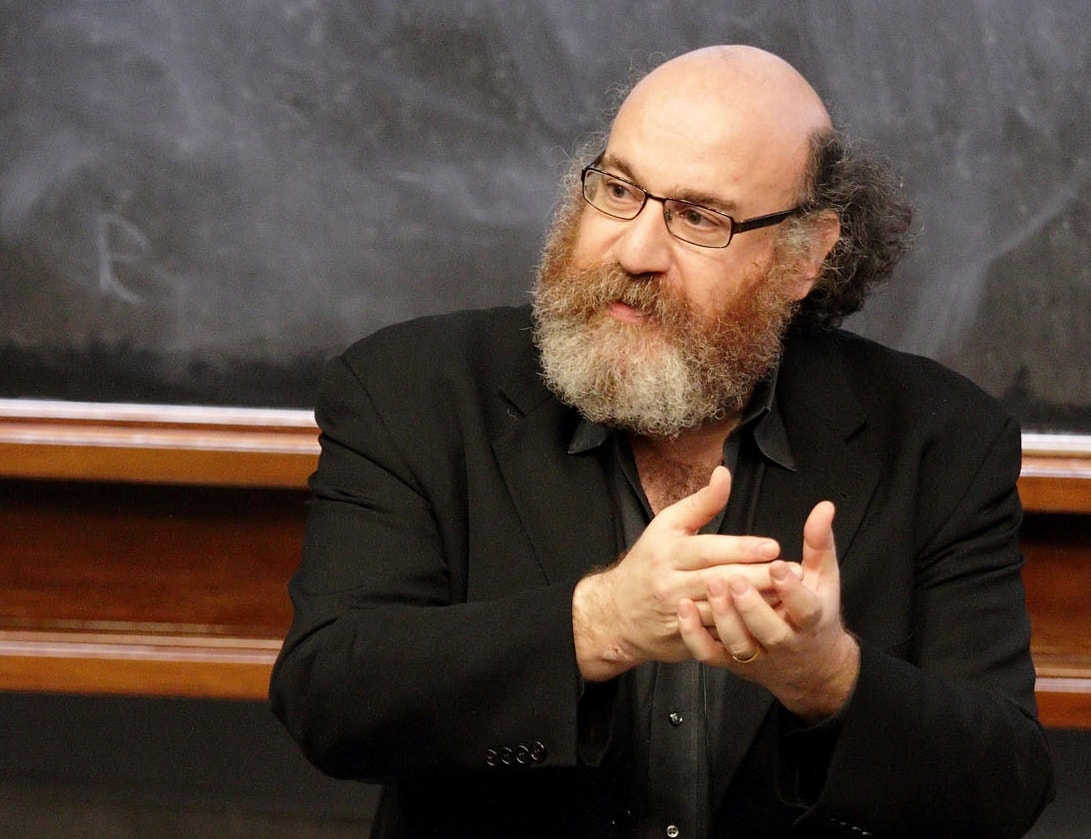Buhl Lecture 2017
In his lecture, Bialek, a theoretical physicist interested in the phenomena of life, will discuss his thoughts on how physics has been able to create accurate mathematical descriptions of the physical world, helping us to not only understand what we see, but predict what will happen in places we have never looked before. He will address questions including: Are there limits to this predictive power, particularly when applied to the complex phenomena of life? And are we missing some deep principles that will bring the living world under the predictive domain of physics? Bialek also will offer reflections on how physicists might be able to approach the complex and diverse phenomena of the living world and develop new theories to help explain the world around us.
Bialek, the John Archibald Wheeler/Battelle Professor in Physics at Princeton and Visiting Presidential Professor of Physics at The Graduate Center of the City University of New York, is known for his work emphasizing the approach of biological systems to the fundamental physical limits on their performance. In recent work, he and his collaborators have shown how the collective states of biological systems, such as the activity in a network of neurons or the flight directions in a flock of birds, can be described using ideas from statistical physics, connecting them in quantitative detail with new experimental data.
Bialek has been a member of the Princeton faculty since 2001. He has received the President’s Award for Distinguished Teaching at Princeton, and recently published a textbook, Biophysics: Searching for Principles. A member of the National Academy of Sciences and a fellow of the American Physical Society, he received the 2013 Swartz Prize for Theoretical and Computational Neuroscience from the Society for Neuroscience.
The Buhl Lecture is funded under the auspices of the Buhl Professorship in Theoretical Physics and sponsored by the Department of Physics. The Buhl Foundation established the professorship in 1961 to support an outstanding theoretical scientist who would both impact theoretical research and help establish directions for experimental investigations. Fred Gilman has held this chair since 1995. He revived the Buhl Lecture Series in 1996, bringing internationally recognized scientists to Carnegie Mellon.
